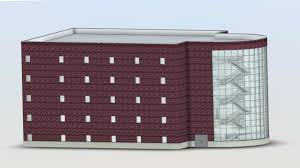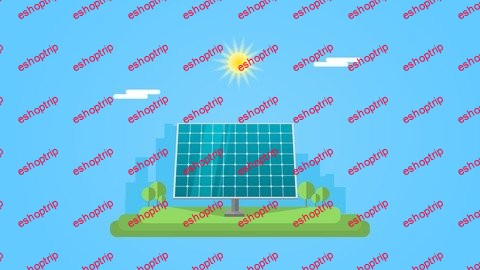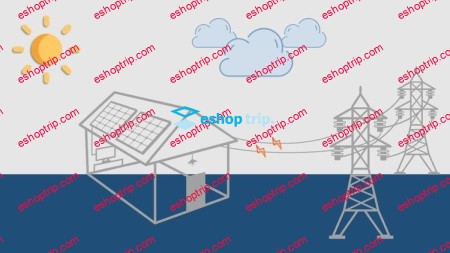Duration: 3 hours | 15 Lectures | Video: 1280×720, 44 KHz | 1.5 GB
Genre: eLearning | Language: English + Sub
PV Technologies & Systems
What you’ll learn
Describe various energy sources
Describe the fabrication process of solar-PV cells.
State the functions of various assemblies, and subassemblies comprising solar-PV systems considering various modes of operation.
Realize the requirements, and validity of the simplified assumptions for fast analysis of the performance of solar-PV systems.
Evaluate the performance of various solar-PV systems.
Select appropriate solar-PV topologies for various operation modes, and load types.
Learn the quantitative characterizations of various generations of solar-PV technologies.
Learn the near optimal design of various configurations of solar-PV systems.
Use of software tools for design, and performance analysis of solar-PV systems.
Searching the internet, and libraries for reporting advanced topics.
Requirements
Basics of electrical engineering
Description
The course presents the basics, and advances of solar-PV technologies, and systems. It starts from the basics of energy and the fabrication and then covers the major theoretical, and practical methods for successful implementation of solar-PV systems for electric energy production. Various modes of operation, load types, system configurations are well covered. The course also provides several case studies, and use of computer software for modeling, analysis, and sizing of various solar-PV configurations. The topics of the course are coupled with relevant numerical examples. The course also presents practical sizing methods for the design of solar-PV systems. Relevant standards are considered in the sizing process. The overall outcome of the course is to facilitate to the students the required knowledge, skills, and tools for successful design, and implementation of various solar-PV systems.
Who this course is for:
Engineering students.
Electrical engineering students.
Energy engineering students.
Engineers and technicians working in the field of photovoltaics.











Reviews
There are no reviews yet.